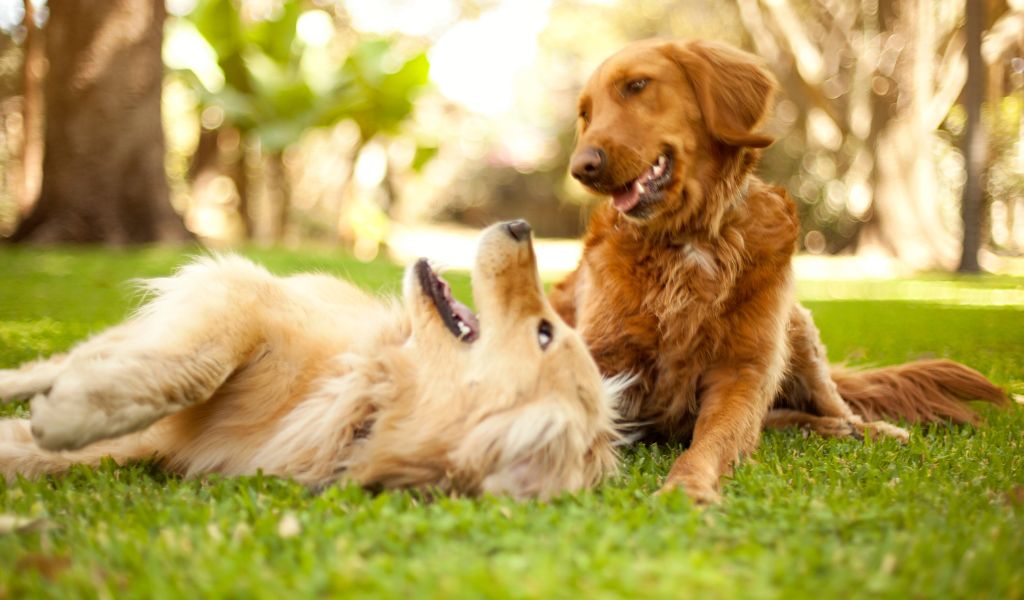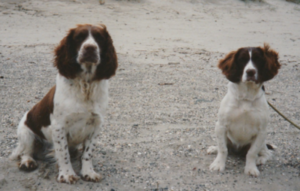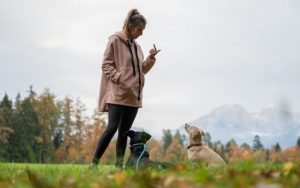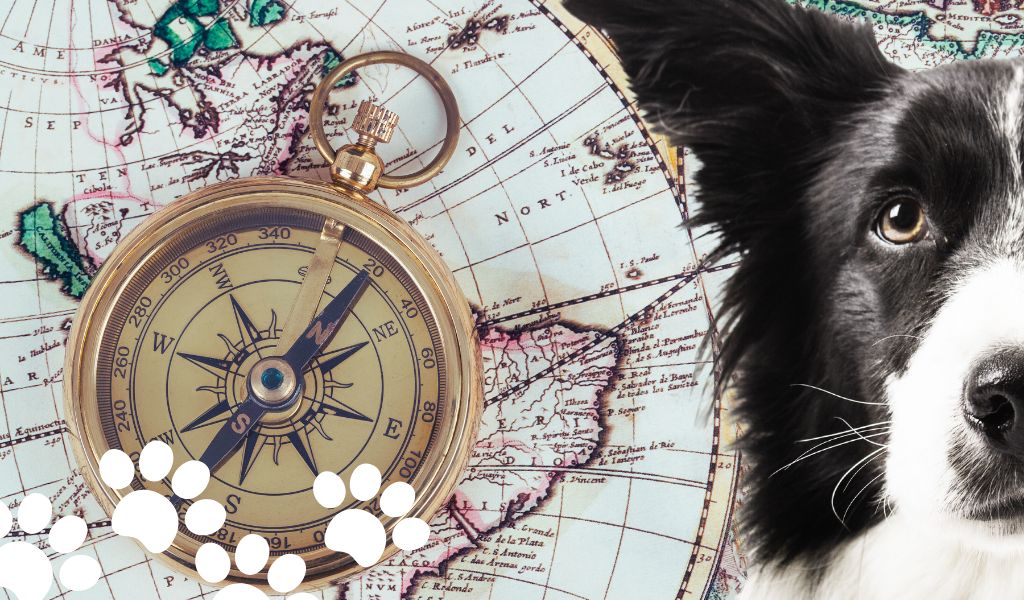Socializing a dog is one of the most important things you can do as a pet owner.
It is the process of exposing your dog to different people, animals, and environments to help them become well-adjusted, happy, and confident.
In this article, we will explore why socializing a dog is important, when to start socializing your dog, and how to socialize your dog effectively.
Your dog needs to understand the world and how to react to it. By introducing him to people, animals, other dogs and a variety of environments and situations, you will help him to become a well rounded adult.
Why is socializing a dog important?
Socializing your dog has numerous benefits, including better health and mental well-being, better behaviour and obedience, and fewer behavioural problems.
Better health and mental well-being
Socializing your dog can improve their physical and mental health.
Dogs that are well-socialized are less likely to develop anxiety or fear-based behaviours, which can lead to better overall health and happiness.
Additionally, dogs that are socialised are less likely to develop aggression or other behavioural problems that can lead to stress and anxiety.
Better behaviour and obedience
Socializing your dog can also lead to better behaviour and obedience.
Dogs that are exposed to different people, animals, and environments are more likely to be well-behaved and obedient, as they are more comfortable in different situations.
Socializing your dog can also help them learn important obedience commands, such as sit, stay, and come, which can improve their behaviour in a variety of situations.
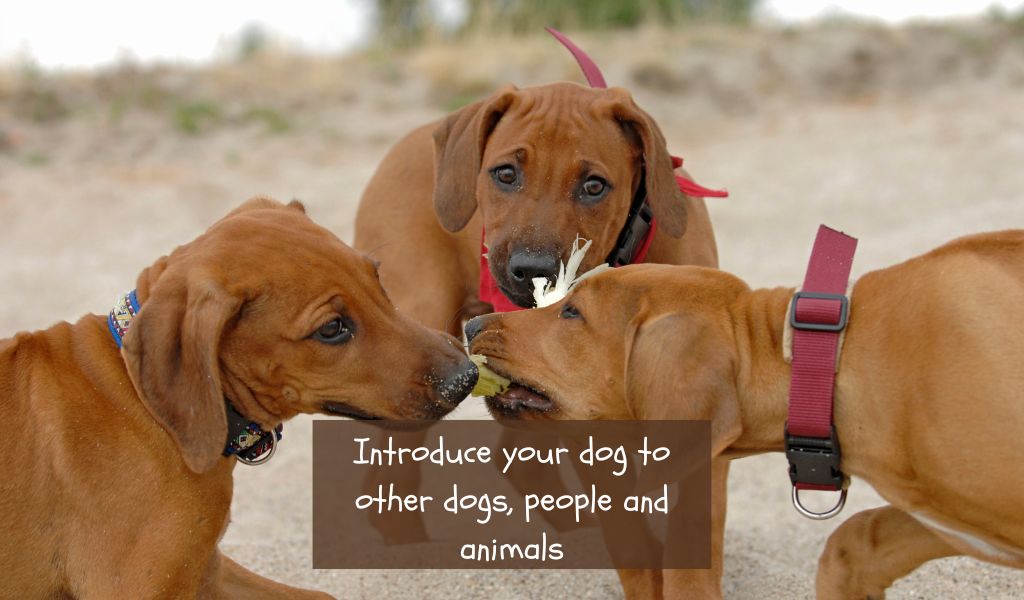
Fewer behavioural problems
Socializing your dog can also help prevent and reduce behavioural problems.
Dogs that are well-socialized are less likely to develop aggressive or destructive behaviours, as they are more comfortable in different situations.
Additionally, socializing your dog can help prevent separation anxiety, as they are used to being around different people and animals.
When to start socializing your dog
Early socialization is key
The best time to start socializing your dog is when they are young.
Puppies that are exposed to different people, animals, and environments before the age of 16 weeks are more likely to be well-adjusted, happy, and confident dogs.
This is because the first few months of a puppy’s life are critical for their social and emotional development.
Puppy socialization classes
Puppy socialization classes are a great way to socialize your dog early on.
These classes provide a safe and controlled environment for your puppy to interact with other puppies and learn important socialization skills.
Puppy socialization classes can also help you learn how to socialize your dog effectively and provide you with important information about dog behaviour and training.
Socializing an adult dog
If you have an adult dog that has not been socialized, it is still possible to socialize them, but it may take more time and patience.
The key is to start slowly and gradually expose your dog to new people, animals, and environments.
It’s important to note that adult dogs may be more fearful or hesitant than puppies, so it’s important to be patient and not force them into uncomfortable situations.

How to socialize your dog
Expose your dog to different people
One of the best ways to socialize your dog is to expose them to different people.
This can include friends and family members, as well as strangers. Start with people your dog is familiar with and gradually introduce them to new people.
It’s important to ensure that your dog is comfortable and not overwhelmed, so start with short interactions and gradually increase the duration.
Introduce your dog to other dogs
Another important aspect of socializing your dog is introducing them to other dogs.
This can be done through dog parks, playdates with other dogs, or obedience classes.
It’s important to supervise your dog’s interactions with other dogs to ensure that they are safe and not aggressive.
Socializing your dog with other animals
Socializing your dog with other animals, such as cats or small pets, can also be beneficial.
Start with short interactions and gradually increase the duration. It’s important to supervise your dog’s interactions with other animals to ensure that they are safe and not aggressive.
Socializing Your Dog at Home
Get your dog used to everyday household items
Socializing your dog at home is just as important as socializing them in public.
Start by getting your dog used to everyday household items, such as vacuums, TV, and other appliances. This can help prevent anxiety or fear-based behaviours.
Teach your dog basic obedience commands
Teaching your dog basic obedience commands, such as sit, stay, and come, can also be helpful for socializing them at home.
This can help prevent destructive or aggressive behaviours and improve their behaviour overall.
Encourage positive behaviour with rewards
Encouraging positive behaviour with rewards, such as treats or praise, can also be helpful for socializing your dog at home.
This can help reinforce good behaviour and make socializing a positive experience for your dog.
Socializing your dog in public
Take your dog to different places
Taking your dog to different places, such as parks or busy streets, can be helpful for socializing them in public.
Start with quiet and less crowded places and gradually increase the level of stimulation.
Let your dog interact with other people and dogs
Letting your dog interact with other people and dogs in public can also be helpful for socializing them.
However, it’s important to ensure that your dog is safe and not aggressive. Keep your dog on a leash and supervise their interactions with other dogs and people.
Keep your dog safe and secure
Keeping your dog safe and secure is also important when socializing them in public.
Make sure that your dog is up-to-date on vaccinations and flea/tick prevention.
Keep them on a lead and ensure that they are not in danger of getting lost or hurt.
FAQs
Q1. What if my dog is afraid of people or other dogs?
A1. If your dog is afraid of people or other dogs, start by introducing them to familiar people or environments and gradually work up to new experiences.
Seek the help of a professional trainer or behaviourist if necessary.
Q2. Is it too late to socialize my adult dog?
A2. It’s never too late to socialize your adult dog. It may take more time and patience, but with consistent and positive experiences, your dog can learn to be more comfortable around new people, animals, and environments.
Q3. What are some signs that my dog is uncomfortable or fearful?
A3. Signs that your dog is uncomfortable or fearful include cowering, hiding, trembling, growling, or barking excessively.
If you notice these signs, remove your dog from the situation and seek the help of a professional trainer or behaviourist.
Q4. How long does it take to socialize a dog?
A4. The time it takes to socialize a dog varies depending on the dog’s age, temperament, and previous experiences.
It can take weeks or even months to fully socialize a dog, but with patience and consistency, it can be achieved.
Q5. Can socializing my dog prevent behaviour problems?
A5. Yes, socializing your dog can prevent behaviour problems such as aggression, fear, and anxiety.
By exposing your dog to new experiences and people, you can help them become more confident, well-adjusted, and better behaved.
Conclusion and final thoughts ?
Socializing your dog is an important part of being a responsible pet owner.
It can lead to better health and mental well-being, better behaviour and obedience, and fewer behavioural problems.
By starting early and gradually exposing your dog to different people, animals, and environments, you can help them become well-adjusted, happy, and confident dogs.

